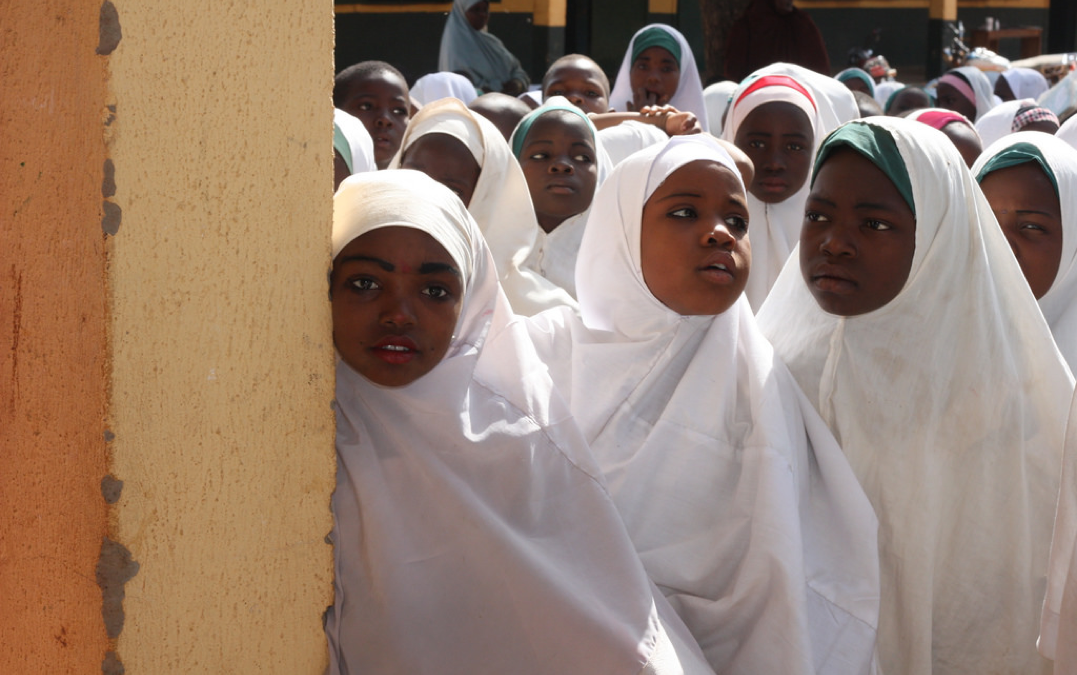Driving Educational Gains in India Through Corporate Responsibility

At The Future of India Inc.: Skilling the Next Generation, top leaders of local schools, major organizations and multinational companies met to strategize on plans to fuel India’s next-generation workforce. The event was hosted by the GBC-Education India Working Group and organized in collaboration with the Global Compact Network India on April 18 in New Delhi. The 26 attendees represented India’s largest stakeholders in local education. Led by the Rt. Hon. Lord Swraj Paul, Founder and Chairman of the Caparo Group, the group’s challenge – enrolling 1.3 million Indian children into school and preparing them for future employment – is both painfully tangible as well as vital to their economy’s continued growth.
After opening remarks by Roundtable Chair and Intel South Asia’s Head of K-12 Education Shweta Khurana, the group reflected on India’s progress to date in student enrollment and completion. Just eight months away from the UN Millennium Development Goals’ deadline, their proposed solutions, they hoped, would drive the funding needed to enroll every child in school. Despite raising a little more than half of India’s funding goal, a dropout crisis is mounting among India’s poorest populations and targeted efforts are needed to keep the country on track.
[tribulant_slideshow gallery_id=”8″]
Universal education, they argued, hinges on righting the gender disparity that’s currently preventing at least 30 percent of India’s girls from attaining a primary school education. They also emphasized the need for more government-funded schools to provide students with more industry-specific skills. Campaigns like Make in India and Digital India could pose a solution to those issues and propel India’s economic competitiveness forward.
Most notably, though, speakers like Lord Paul, Global Compact Network India Executive Director Pooran Pandey and A World At School Global Youth Ambassador Akhil Bhardwaj called for increased support for the #UpForSchool movement. Launched this past fall, #UpForSchool has quickly become known as the world’s largest petition – over 5.5 million people have signed to date – to enroll 58 million children in school by the end of 2015. Spearheaded by A World at School, the petition is seen as a final push to ensure that the UN’s 2000 promise for universal education would be met by 2015’s yearend. Speakers called on members to extend personal responsibility to their employees to increase #UpForSchool’s visibility in the coming months. As Khurana concluded in her closing remarks, awareness is one of the biggest obstacles to reaching their goals for universal education.
Also underscored was the responsibility of not only multinational corporations, but also local businesses to launch initiatives that foster specific skill sets among the emerging workforce. If students could master basic skills – matched to at least one of India’s 25 sectors – then even those who dropped out could still achieve success as an entrepreneur or future employee. Yet, as Pooja Bhatt of Accenture and Co-Chair of the GBC-Education India Working Group, pointed out, leaders should caution against passivity: India’s public policy must be reinforced by strategic Public-Private Partnerships and by on-the-ground role models – particularly female ones.
